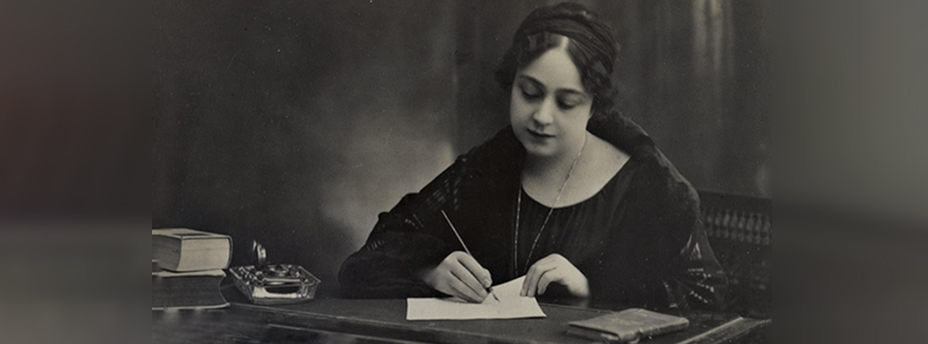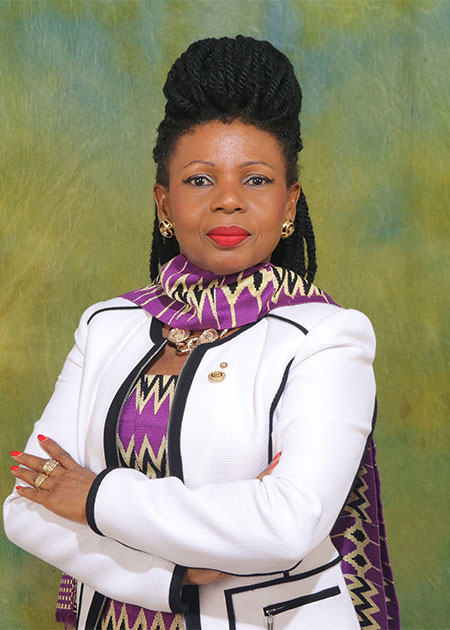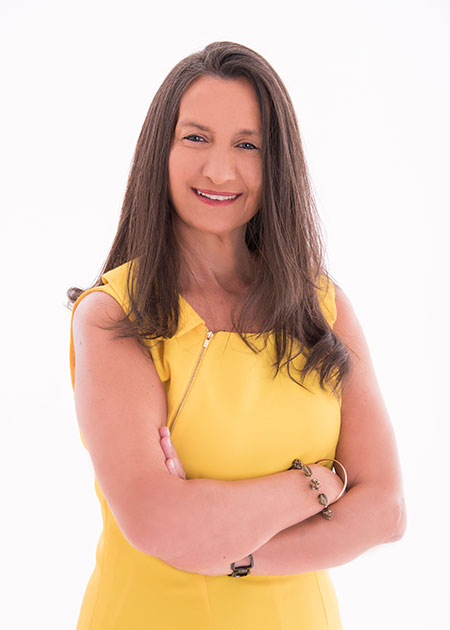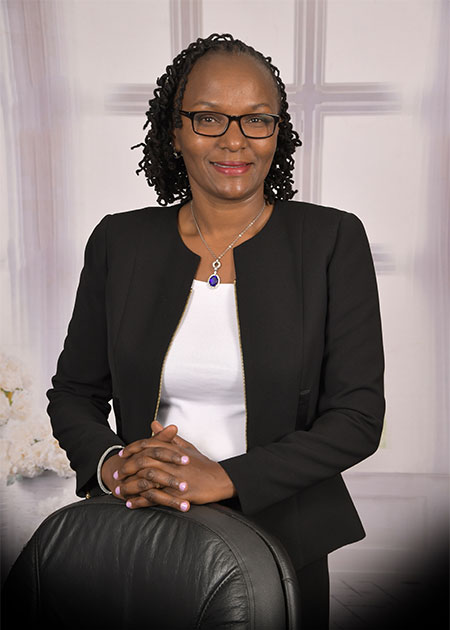
Huda Shaarawi, an Egyptian educator and women's rights activist.
In 1908, Egypt's Huda Shaarawi helped found the first secular charity, a medical dispensary for underprivileged women and children. In the 1940s, India’s first female commercial pilot, Prem Mathur, won a national air race. And in the 1980s and 1990s, Wangari Maathai of Kenya and Rigoberta Menchú of Guatemala won Nobel Prizes for their work as environmental and social justice champions. They opened paths for women today.
That includes women in business, and a book published recently by IFC, Trailblazers, spotlights 20 who succeeded at creating value for their institutions and communities, providing leadership despite often challenging environments. Among them are trained economist Triska Alassadi, who broke from the traditional religious education norms to found the first-ever co-ed Madrassa in Iraq; Najat Jumaan, also an economist scholar at Sana'a University in Yemen, who took over her male-dominated family business of selling construction, agricultural, and electrical machinery and equipment; and Meena Ganesh, who pioneered formalization of home-health care services in India.
When you read the book—and we recommend it—think of the challenges faced by these women and how their grit and determination yielded dividends for so many. The book also made us think of many other women who are trailblazers, too. We found one recently in Kenya’s Kakuma refugee camp. Her name is Safi Kisasa, known as Mama Safi, a Congolese refugee whose baking business supplies bread to 250 primary school students every weekday. She and her staff of 10, also refugees, are earning a wage to create opportunities for themselves and their families. Like the women featured in Trailblazers, Mama Safi is an inspiration.
In the book, Alassadi, the Iraqi economist, says: “Inspiring other women to reach the highest levels of professional achievement is an economic and moral imperative.” She’s right—and as you can see in the other stories in IFC Insights, the economic case for investing in women couldn’t be clearer.
—Christine Wambaa
Published in March 2020
Meet these trailblazers
Related Links
- Five Tips to Start Childcare in Companies
- “There’s Nothing But Opportunity”
- For Companies, Steps to Prevent Gender-Based Violence
- What’s Next for the Women’s Insurance Market?
- A Garment Factory with a Difference



